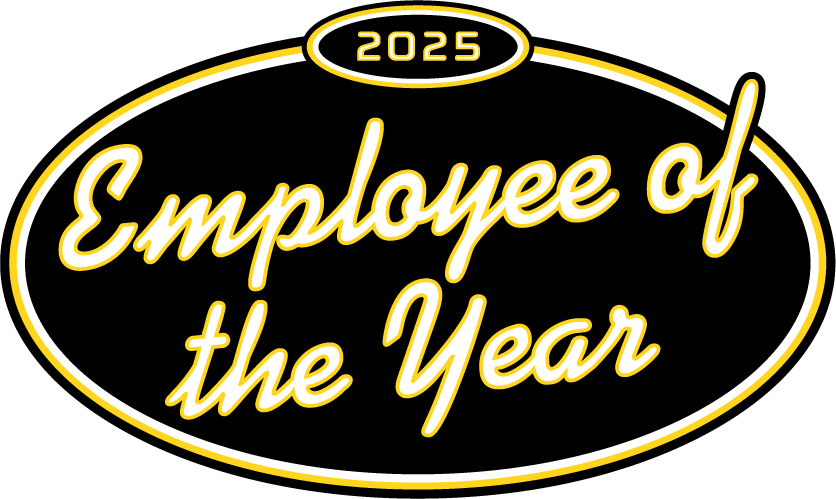-
Job Seekers
X
Job Seekers
Whether you're looking for a temp job or a permanent career, Labor Finders has you covered!
-
Explore
- How it works
- Industries
- Blog
- Locations
- Job Search
You May Also Be Interested In

2025 Employee of the Year
Learn more about our amazing Employee of the Year
-
-
Employers
X
Employers
Let us help you find the workers you need, when you need them.
You May Also Be Interested In
-
Industries
X
Employer Industries
Ready to staff your next project? Our staffing experts has the knowledge and the workers to cater to your unique staffing needs.
In this Section:
Job Seeker Industries
From construction to waste management, we have job openings in whatever industry you’re interested in.
In this Section:
-
About
X
About You
Getting matched to the right job, gaining the flexibility you want, making an impact in your community - at Labor Finders, it’s all about you!
-
You may also be interested in
- About Us
- Job Search Results
- Find an Office
- How it works
- Blog
About Us
With almost 200 offices nationwide, we’ve been putting people back to work for over 40 years. See why we’re a leader in the blue-collar staffing industry.
-
You may also be interested in
- About Us
- Media Center
- Video Library
- Leadership Team
- Careers
- In The Community
- History
-
- Location
Compliance
Is It Ever Legal to Only Hire One Gender?

Ever wonder if an employer can legally request or hire only one gender? In certain cases, a BFOQ (Bona Fide Occupational Qualification) allows companies to consider gender as a legitimate hiring factor. We break it down with questions and answers from our HR Director, Chari, who has seen these scenarios first-hand.
What Federal Law Says
Under Title VII of the Civil Rights Act of 1964, it is illegal for employers to discriminate in hiring, pay, promotions, or job assignments based on sex, race, religion, or national origin. This applies to most employers with 15 or more employees and is enforced by the Equal Employment Opportunity Commission (EEOC).
That means posting a job that says "men only" or "women preferred," or making hiring decisions based solely on gender, is considered illegal discrimination.
The Rare Exception: Bona Fide Occupational Qualification
There is one narrow circumstance where hiring a specific gender is allowed: the Bona Fid Occupational Qualification (BFOQ). This is when a particular sex is reasonably necessary for the normal operation of the business. Examples of legitimate BFOQs include:
-
Hiring a female actor to play a female character in a performance.
-
Staffing restrooms, locker rooms, or shelters where gender-specific privacy is essential.
Importantly, customer preference or stereotypes are never valid reasons. Hiring only men because you think they are stronger, or only women because you think they are friendlier, does not qualify as a BFOQ and can lead to legal trouble. Courts interpret BFOQs very strictly, and most jobs simply do not qualify.
What The Experts Say
To better understand the rules around gender-specific hiring, we consulted with our HR Director Chari. Here's the best practices every employer should know.
Can you give examples of situations where gender might appear to play a role in hiring, but shouldn't?
It's easy for stereotypes to creep in such as assuming only men can handle physical jobs or only women should be in caregiving or administrative roles. These assumptions don't belong in the hiring process. Unless the law provides a legitimate exception, gender should never be a factor. The only circumstances where it could be legal is when a Bona Fide Occupational Qualification (BFOQ) applies. For example, hiring a female attendant for a women's restroom. But these cases are extremely rare and narrowly define under the law.
How do you handle requests from managers who say they want a male/female worker for a role?
When I hear that request, I stop and redirect. Hiring based on gender is discriminatory, so I guide managers to focus on the actual skills or business needs behind their request. Usually, it becomes clear that what they're really seeking is a qualification, not a gender.
What advice would you give to small businesses that might not have in-hour HR or legal teams when navigating gender in hiring?
Small businesses are still subject to the same laws as larger employers. They can utilize free EEOC and state labor department resources, create standardized job postings and interview processes, and when in doubt, consult with an HR consultant or employment attorney.
How Employers Can Stay Compliant
The safest approach is to focus entirely on skills, experience, and job requirements - not gender. Here are a few best practices.
1. Write gender-neutral job postings:
Avoid words like "man" or "woman" in job descriptions. Instead, list the specific qualifications and responsibilities needed for the role.
2. Base decisions on measurable skills:
Highlight requirements like lifting a certain weight, working specific hours, or having a certification. Make hiring decisions strictly about who meets those criteria.
3. Train managers and HR staff:
Ensure that everyone involved in hiring understands anti-discrimination laws and your company's policies.
4. Consult legal or HR experts when in doubt:
If you think a BFOQ might apply, it's better to check with a legal professional before moving forward.
Key Takeaways for Employers
For the vast majority of roles, it is illegal to hire based solely on gender. Only in rare, narrowly defined situations - like certain privacy-sensitive positions or acting roles - does the law allow it. Employers who want to stay compliant should always prioritize qualifications, training, and experience over assumptions about gender.
When in doubt, consider working with a staffing partner who can help you find qualified candidates fairly and legally.













